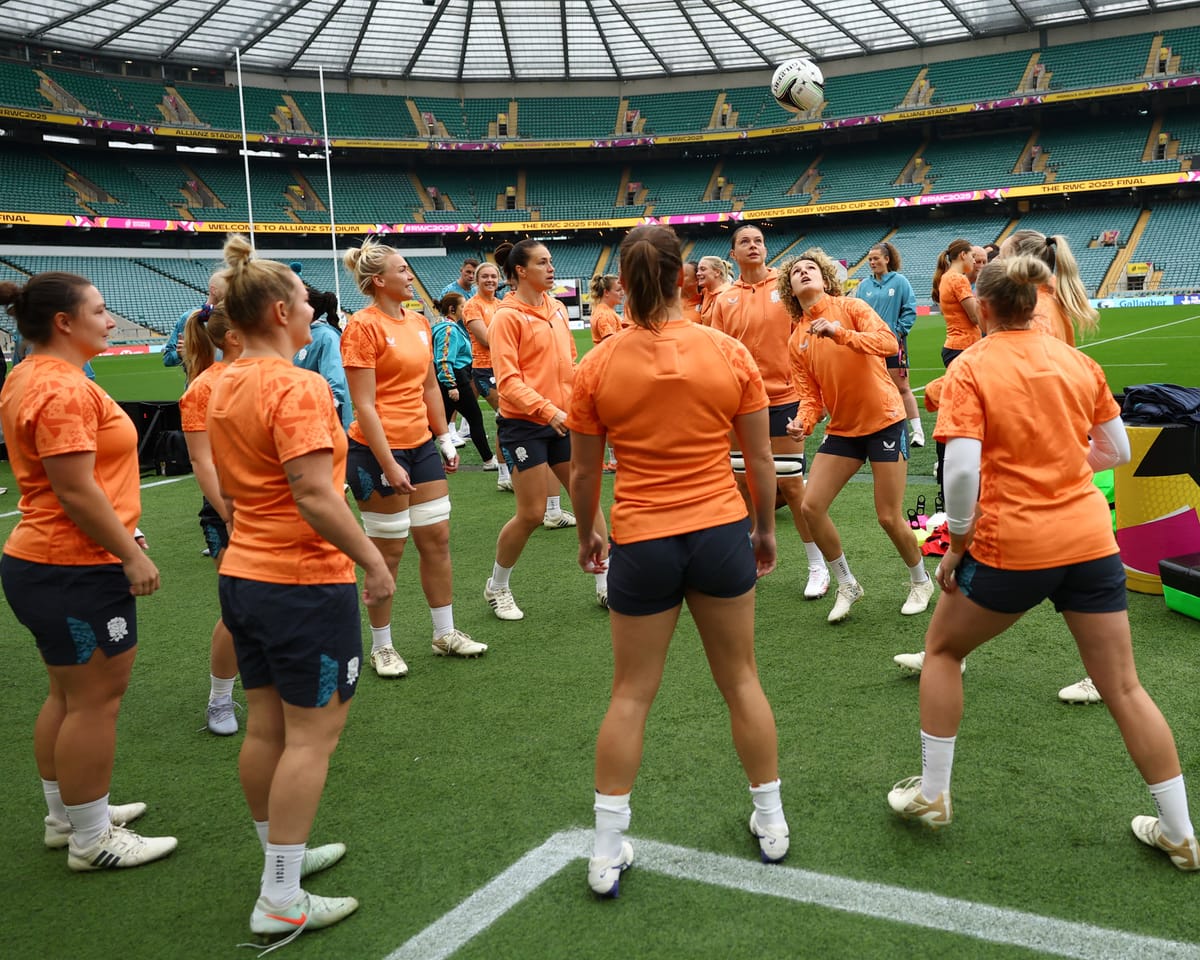Women’s Rugby World Cup Marks Start of Major Sporting Era in the UK
By Saturday evening, the Women’s Rugby World Cup will have concluded, marking the beginning of a series of major women’s sporting events set to take place in the UK over the next decade. From next June, the country will host the Women’s T20 World Cup, followed by the Tour de France Femmes in July 2027. There are also plans to bid for the World Athletics and Para Athletics Championships in 2029, the Netball World Cup in 2031 or 2033, and, most notably, an uncontested bid for the 2035 Women’s Football World Cup.
The UK has quietly established itself as a leading destination for women’s sports events—a rare positive development in the current climate.
This Rugby World Cup has already surpassed the total attendance of the 2021 tournament in New Zealand, with more than 440,000 tickets sold—100,000 above the initial target. The final at Twickenham is expected to draw over 80,000 spectators, making it not just the most attended women’s rugby match but one of the largest crowds in the history of women’s sport. While many countries struggle to secure support for major events, British audiences have turned out in impressive numbers.
“No other nation purchases more sports event tickets per capita than the UK,” notes Esther Britten, head of major events at UK Sport. “People clearly want to share in the excitement and enjoyment, feeling both safe and welcome in stadiums.”
The tournament has also attracted new audiences, with World Rugby’s data showing that 30% of attendees had never been to a rugby match before. Games have drawn more women and children compared to typical men’s fixtures.
Just 15 years ago, crowds at this tournament rarely exceeded 2,000 at Surrey Sports Park. This year’s event has grown significantly, with a strategy designed to bring matches to different regions of England each weekend, ensuring widespread engagement. Northampton, for instance, had previously never hosted an event of this scale, yet the response has been outstanding, according to Britten.
The competition has generated enthusiasm and economic benefits wherever it has been held.
“It’s positive socially, economically, and for the sport itself,” says Britten. “This mix of benefits is unique—not many countries can claim the same.” She’s right.
Read next

"Fluffed Up: How Modern Tennis Balls Lead to Frustration and Injury"
Daniil Medvedev quickly realized he was in a difficult position at Roland Garros. Facing Britain’s Cameron Norrie in the opening round, he struggled to find his rhythm.
With his chances of progressing in one of the sport’s most prestigious events slipping away, the 29-year-old decided on an unusual

Manchester bids heartfelt farewell to beloved boxer Ricky 'the people's champion' Hatton
Thousands Gather in Manchester to Honor Ricky Hatton, Former World Champion Boxer
A large crowd filled the streets of Manchester on Friday to celebrate the life of Ricky Hatton, the former world champion boxer who passed away last month at the age of 46.
Hatton was widely admired in the

Heightened security and political strain loom over crucial Norway vs. Israel World Cup match
This will be the most heavily secured sports event in Norway since the 1994 Winter Olympics. Strict security measures are in place across Oslo, with a no-fly zone enforced over Ullevål Stadium. Amid the heightened precautions, it might be easy to overlook that Norway’s national team is close to

